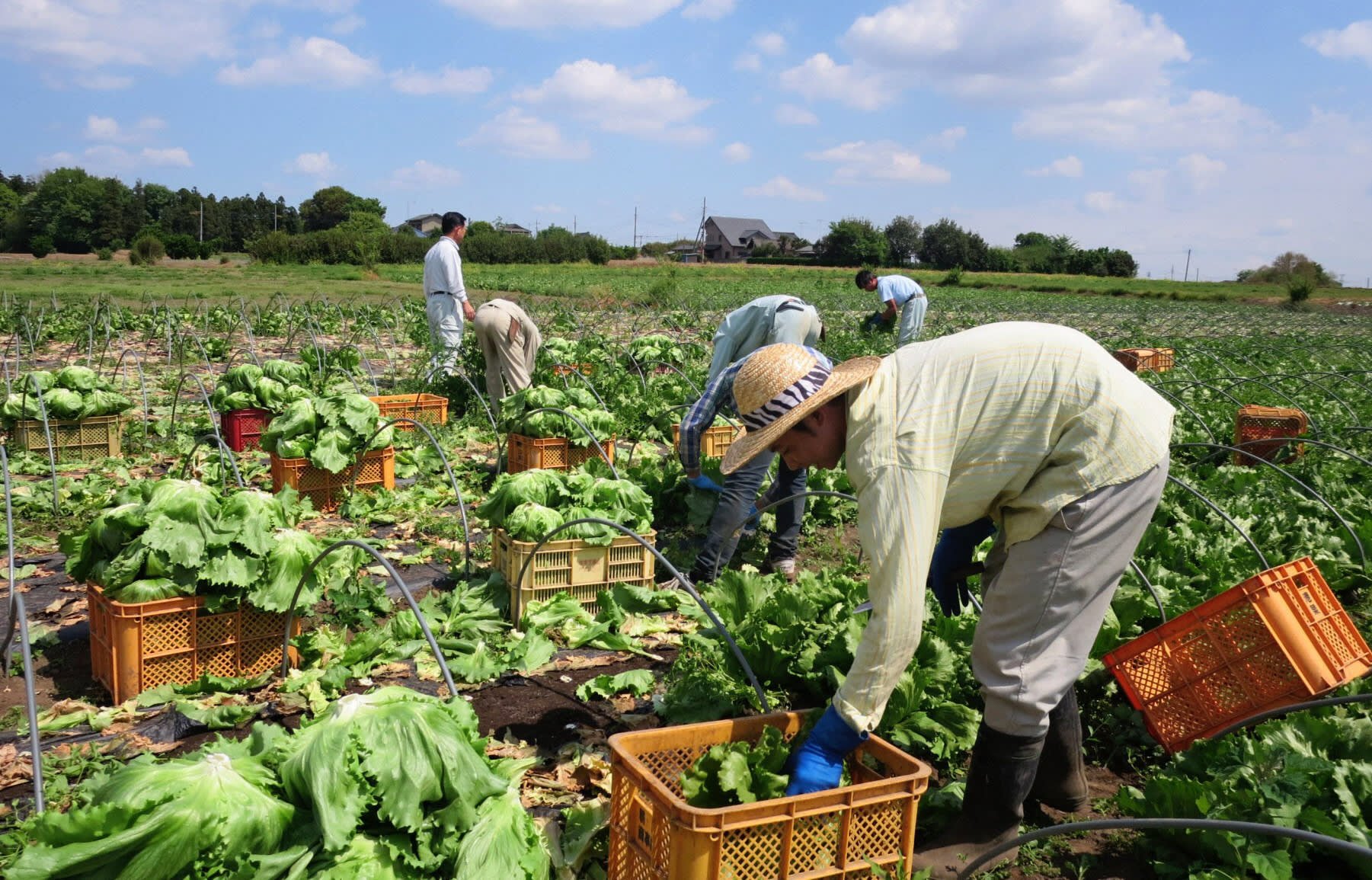The three-year Agri-Food Immigration Pilot Program set to start in 2020 in Canada provides hope for temporary foreign workers, with skills in the agri-food department, who want to acquire Canadian permanent residence. Currently, these employees, who come to the state for seasonal agricultural jobs through the Temporary Foreign Worker program, only get temporary work permits. For them, becoming a permanent resident is extremely difficult.
Fortunately, the state can retain them through the pilot. It will be advantageous to the workers and Canada as a country.
Benefits of the Agri-Food Immigration Pilot
The agricultural and agri-foods industry will be able to get and keep employees who are experienced. Consequently, this could improve the industry’s exports. As the Canadian government revealed, they exported products worth $66.2 billion in 2018. This is irrespective of the fact that areas like meat processing and mushroom production have had problems finding and even retaining workers.
The industry also accounts for one in eight jobs across the state. With it, fewer people are unemployed. Therefore, if it can be able to eliminate the problem of acquiring skilled workers, it can do better in terms of profits and providing job opportunities to temporary residents in Canada.

Professions fit for new Agri-Food Immigration Pilot
Several occupations are eligible for the Agri-Food Immigration Pilot. These include those who are in the meat processing business, retail and industrial butchers and food processing workers. Harvesting and general farm workers for year-round mushroom and greenhouse crop production are also in this pool of workers. Furthermore, farm supervisors and specialized livestock farmers for meat processing are also qualified.
Under the pilot, at most 2,750 applicants will be accepted for processing. With their family members, around 16,500 new permanent residents can come to Canada within the pilot’s 3-year duration, according to the Immigration, Refugees and Citizenship Canada (IRCC).






